12 Female Authors on the Importance of 'The Handmaid's Tale'

Margaret Atwood's The Handmaid's Tale is a classic of modern literature. It has shaped many people's ideas of feminism, fairness, and dystopia since being published in 1985. But, as we wait to see Hulu's adaptation of the novel, out April 26, its entertainment value seems to have lessened somewhat-especially in the face of the mounting political and social changes that are threatening women, their agency, and their wellbeing.
ELLE.com asked 12 female authors to tell us why The Handmaid's Tale is so important to them: from first encounters with the novel as a teenager to apprehensive reflections on its increasing relevance in 2017.
Louise O'Neill, 'Only Ever Yours'
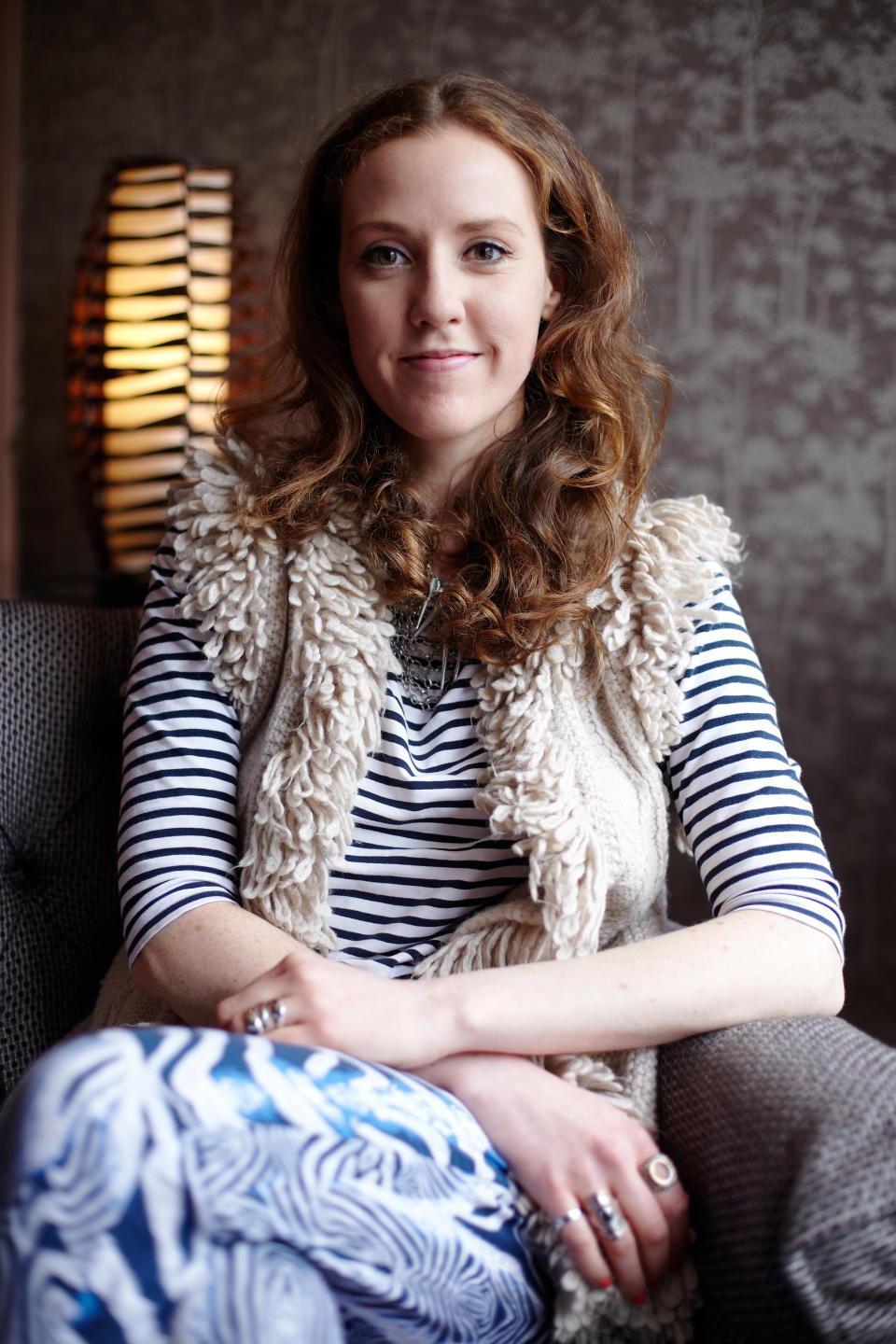
I was 15 the first time I read The Handmaid's Tale. My English teacher handed it to me in our school library. "Here," she said, "read this. I think you'll appreciate it."
She was right. I still remember the moment when I finished the novel, looking up from its pages and realizing that the way in which I saw my entire world had been utterly, inexorably changed. There would be other books in the future that I would feel had a similarly profound effect on me but The Handmaid's Tale was the first. Margaret Atwood made a feminist out of me. She gave me a vocabulary with which to express my burgeoning sense of righteous anger as I began to fully understand the systemic inequality between the sexes. I pressed The Handmaid's Tale into the hands of friends, urging them to read it as well. How is it possible that this book was written in 1985, I said. 1985, the same year that I was born-and yet so little has changed in the last 15 years.
I re-read The Handmaid's Tale this year. A new edition had been sent to me, my own novel included in the recommended reading list at the back, a feat my teenage self, growing up in a tiny town in West Cork in Ireland, would never have thought possible. Upon finishing, I was left shaken once again. 1985, I said to myself. The same year that I was born. And yet so little has changed in the last 32 years.
Edan Lepucki, 'Woman No. 17'
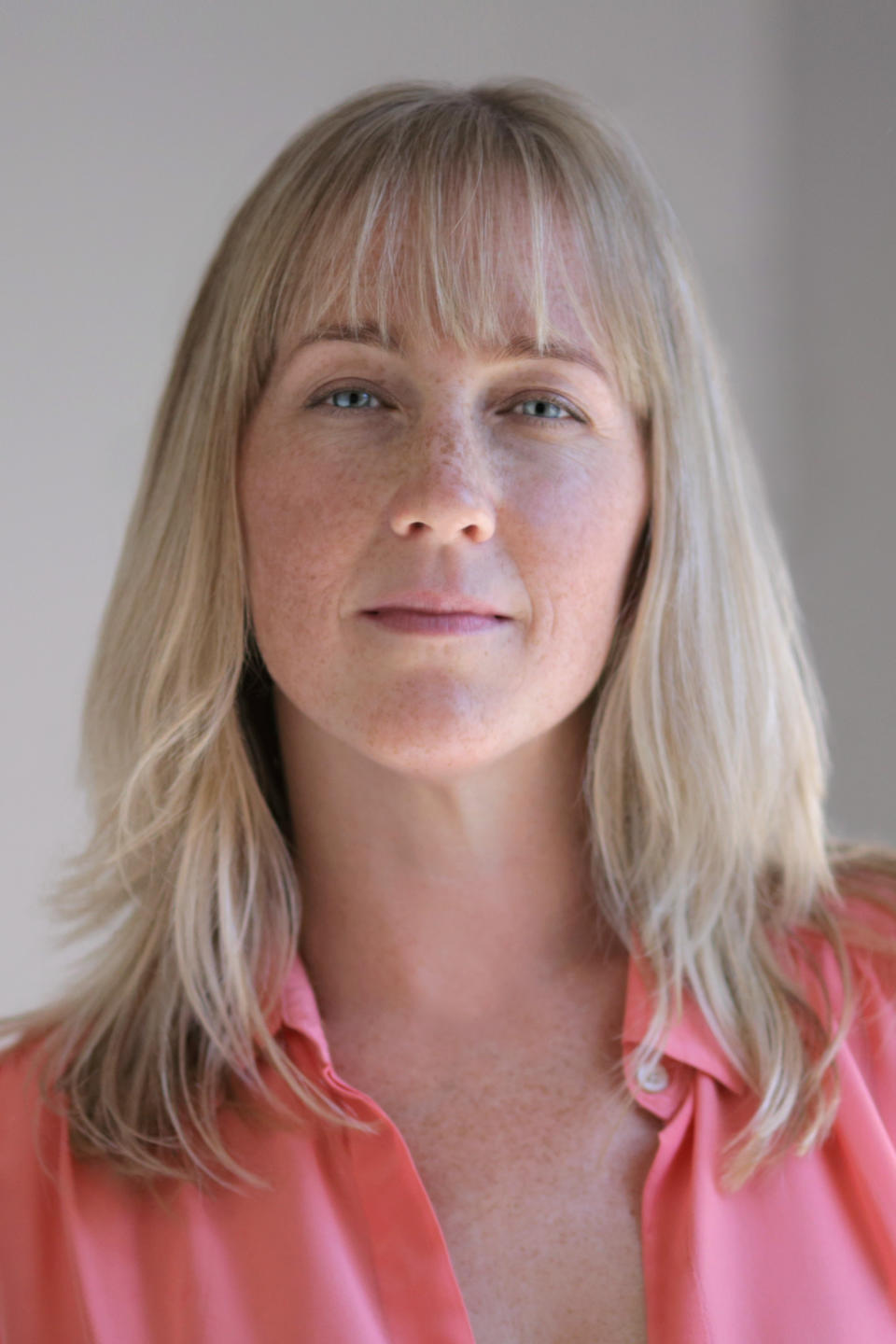
The Handmaid's Tale is my favorite novel. I read it for the first time my sophomore year of college and I remember reading it aloud to my roommate as she dozed nearby; she said the world of the book bled into her dreams, and with her eyes closed, she would ask me to keep reading. I remember the terrible world Atwood described felt so real to us at that moment.
Because the book was assigned for a literary theory course, what sunk into me most deeply was Atwood's language play. Offred, wrested from her past, her family, and her freedom, is not allowed to speak freely, to even have her own name. As a way to survive, she plays with words in her head: It is a private liberation, an essential way for her to stay sane and maintain her identity. I have since read The Handmaid's Tale three or four more times, finding something new to admire and be frightened by with each read. I even taught it to undergraduates at the University of Iowa, hoping that at least one of them would connect with it as I did.
Andi Zeisler, 'We Were Feminists Once'
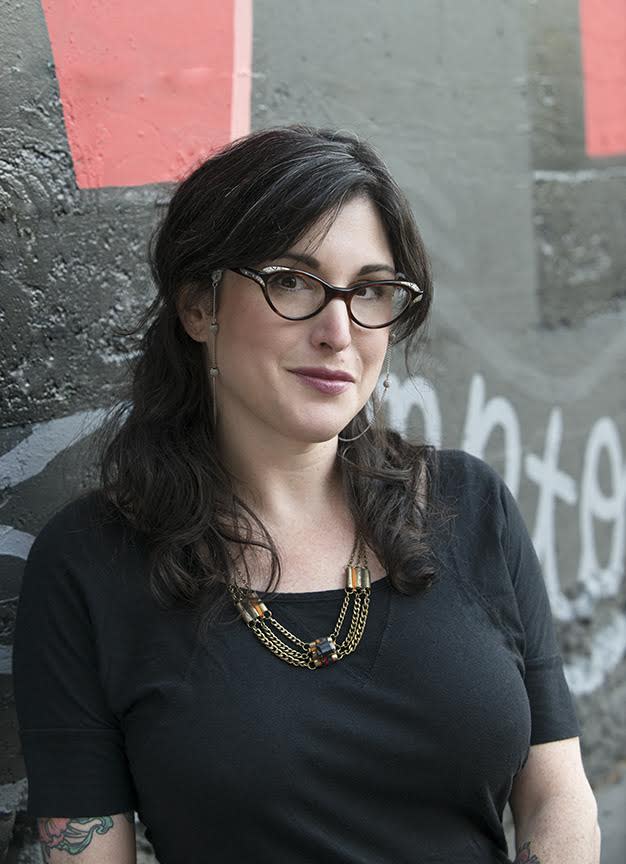
I remember that I read The Handmaid's Tale soon after a) reading Brave New World and b) seeing A Clockwork Orange, so I must have been going through a dystopian period. This was early-ish high school, and I wasn't necessarily conscious of the backlash against women's rights happening in the mid-1980s; the bigger fears I had were about AIDS and nuclear war, so those were at the forefront of my mind when I first read the book. I've read it again since then, and each time it seems more prescient. Weirdly, the image that has stuck with me is when the handmaids were using secretly hoarded butter to moisturize their skin, and thus smelled like rancid butter. I'm pretty sure I think about that every time I use butter.
N.K. Jemisin, 'The Obelisk Gate'
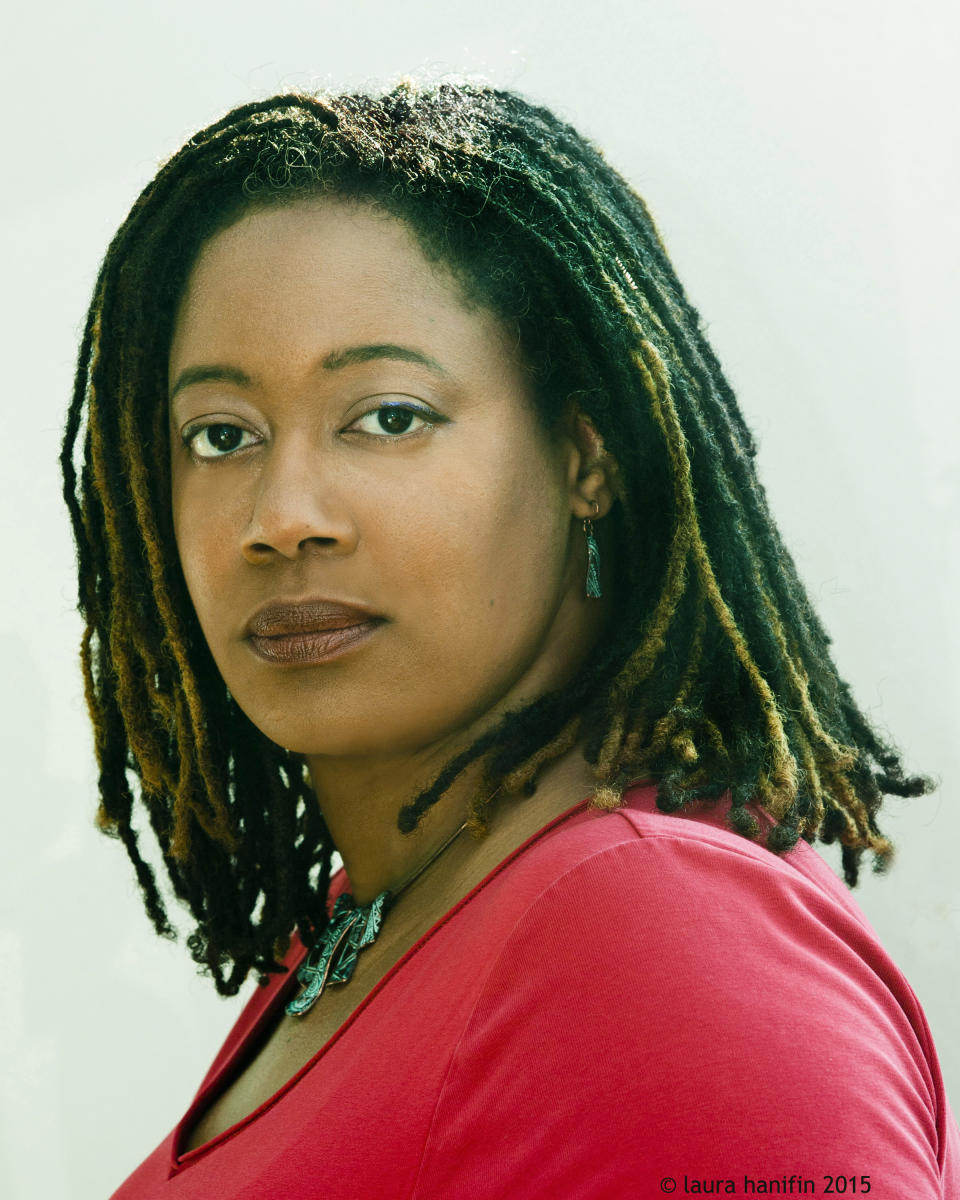
I saw the movie before I read the book, and thought that was powerful enough. Then I read the book and was completely unprepared for how effectively the book not only captures the impact of reprogramming, but also subtly works on the reader. That was the truly terrifying thing. Gilead has been creeping closer all along, but by the end of the book I felt its breath on the back of my neck.
Monica Heisey, 'I Can't Believe It's Not Better'

Something The Handmaid's Tale does extremely well is illustrate how mundane the slide into dystopia really is, how normal it can look. I first read it in my second year of university, and I remember it impressing the importance of feminism on me more intensely than any of my women's studies classes. I've reread it every few years since then, so I guess it's technically one of my favorite books, but I don't necessarily enjoy the time I spend with it. It makes the threat to women posed by anti-choice movements and a government that seeks to control women's access to healthcare and information about their own bodies so clear. A true nightmare, and one it sometimes feels like we're moving closer and closer towards!
Lang Leav, 'The Universe of Us'

I read The Handmaid's Tale when I was a college student. Back then, the world of Gilead she described was alien to me. I was fortunate enough to grow up in a society where I was given many freedoms-freedoms that women before me fought to secure. At the recent Women's March on Washington, I saw a sign that read, "Make Margaret Atwood fiction again." This really hit home. Like many women, I find the current political climate deeply worrying. It is a sobering reminder of how fragile my freedom is, something I must never take for granted. The work of Margaret Atwood is iconic, not only in her mastery of storytelling, but in her ability to envision a world that could very well become our reality.
Maris Kreizman, 'Slaughterhouse 90210'

The Handmaid's Tale has been my go-to dystopian novel since I first read it immediately after college. It's always felt relevant to me, so even though it's having a particular moment now I've been using it to make sense of the world (the patriarchy!) for years. When Mad Men was on the air I had a tendency to compare Peggy's situation with Offred's, so it only feels right that Elisabeth Moss stars in the TV version. And yes, the sign I carried at the Women's March read "Nolite te bastardes carborundorum." If ever I get a tattoo, I know exactly what I'd get.
Mara Wilson, 'Where Am I Now?'
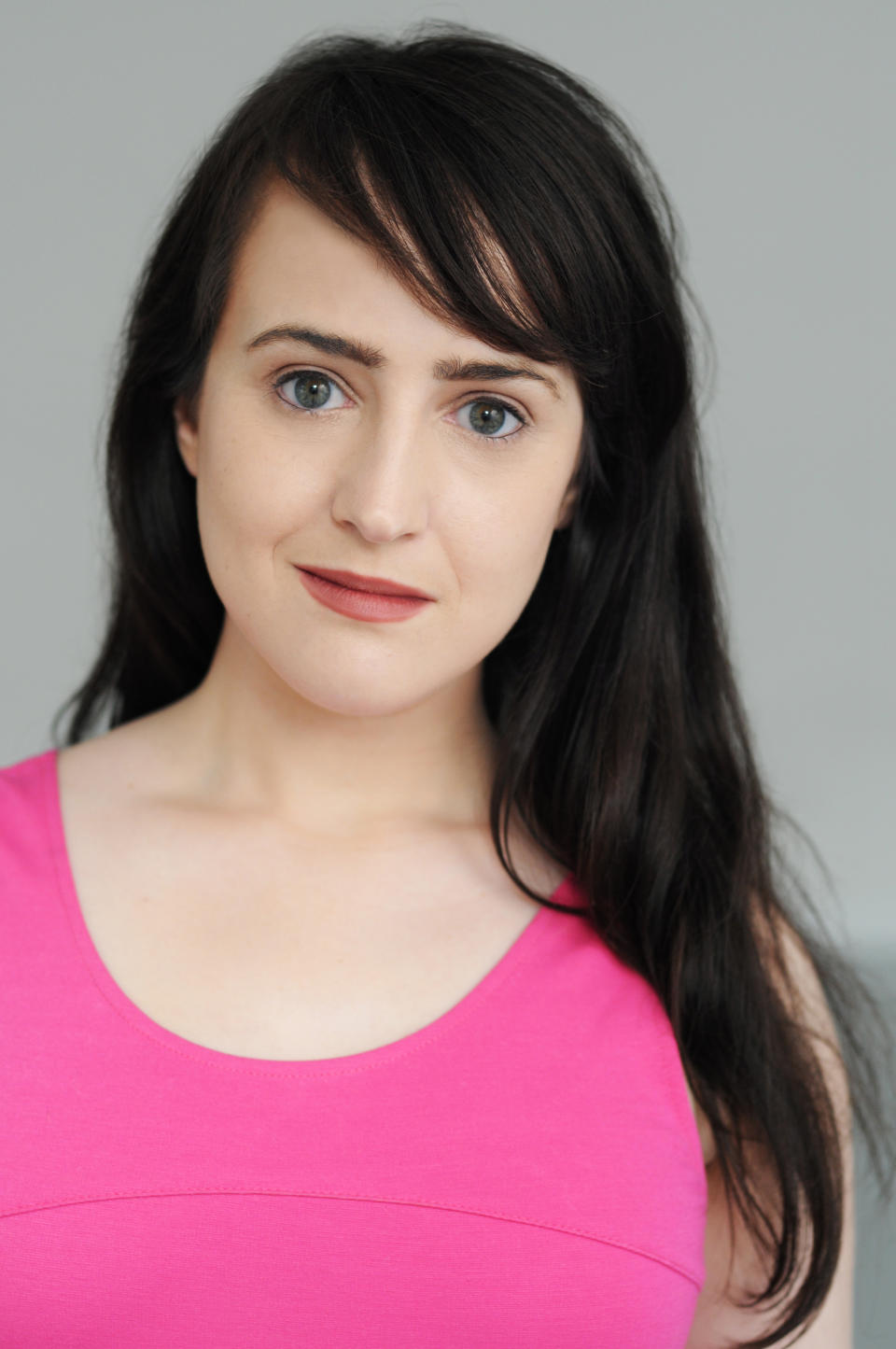
This book was completely lost on me when I read it at 14. I didn't understand what was happening, and I think I was skeptical of feminism. I considered the word "feminist" an insult, as did most of my friends. I ended up getting impatient and putting it down after a few chapters. I picked it up again 15 years later, and I couldn't put it down. I loved all the characters, but I thought there was something especially interesting about Serena Joy. She had gained power by promoting an image of order and submission, by supporting the vision of the men in charge, but when the revolution came, she lost all her power. She's bored and embittered, still reeling from the fact that they threw her under the bus. It's something I see too often. Women are "one of the boys," until suddenly they are not.
Sady Doyle, 'Trainwreck'

I met The Handmaid's Tale when I was a teenager. It was the only explicitly "feminist" book taught at my high school. I don't think I understood most of it, nor did I understand that all the horrible things therein were drawn from real-world misogyny and authoritarianism, but there are bits that have been stuck in my head ever since: How the very regime which rapes the Handmaids gives them the chance to rip apart an accused rapist (who may just be a political dissident) with their bare hands, or poor, awful Serena Joy, preaching that a woman's place is in the home, only to get exactly what she wants, and hate it, when the men take over and end her career. There are essential lessons in there-examine the uses people make of your anger; allying with your oppressors will not protect you-that I return to again and again. They haven't always been as scarily relevant as they are this year, but they set the table for how I would look at gender and power as an adult. I'm more glad than ever for the book as it's become more necessary.
Samantha Shannon, 'The Song Rising'
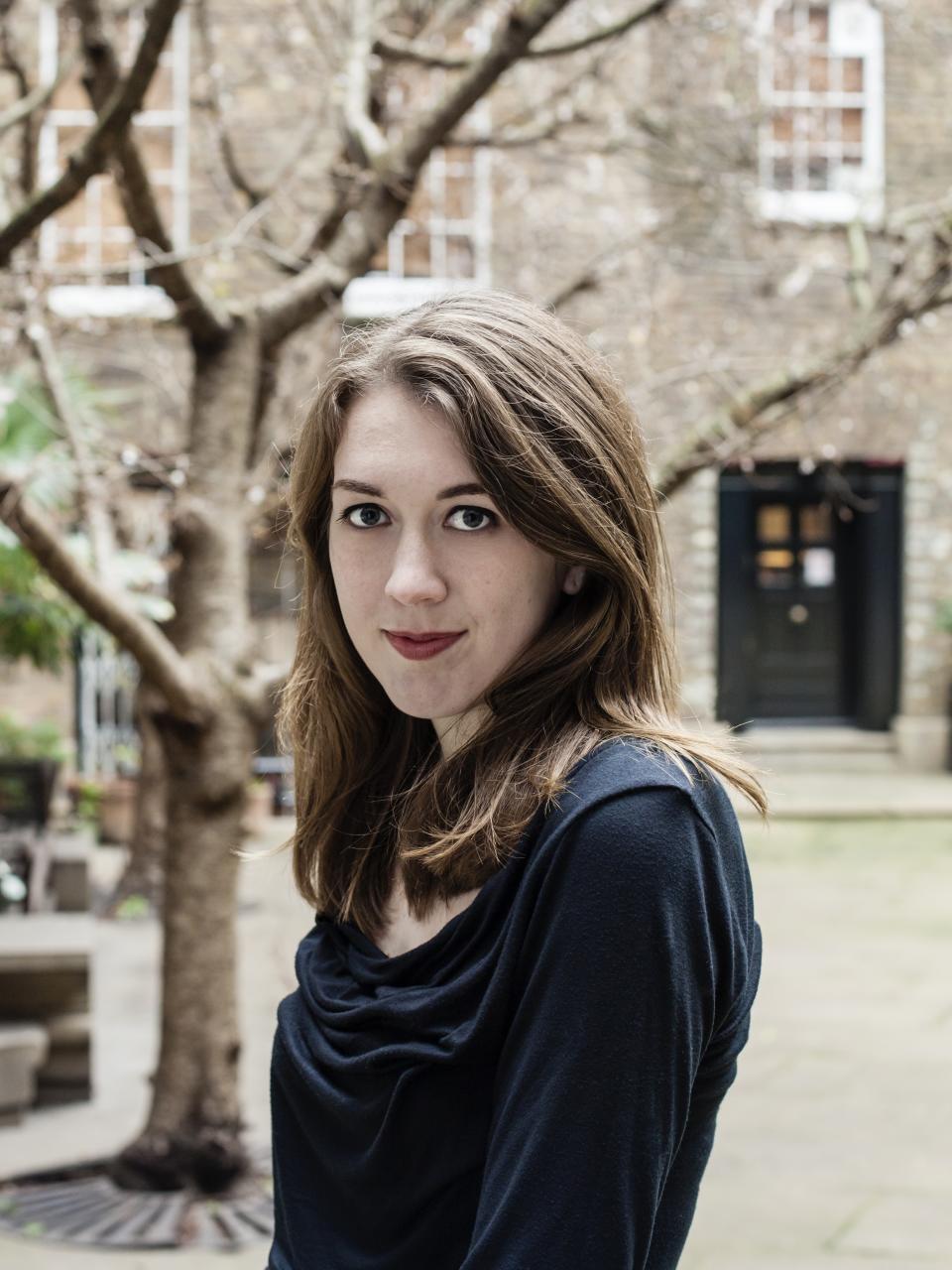
When two of my English literature teachers gave me a copy of The Handmaid's Tale when I was 18, just before I went to university, I had no idea of the effect that Margaret Atwood's masterpiece would have on my life. Reading it was a seminal experience-it introduced me to both dystopian literature and feminism, both of which would shape my own writing for many years to come, and made me see the world in a different light. I'm looking forward to re-reading it this year to prepare for the upcoming TV show.
Jenny Han, 'Always and Forever, Lara Jean'

Ever since I first saw the teaser, The Handmaid's Tale has consumed my waking thoughts. Having never read the book, I've gone back and forth over how I want to participate-whether it's more satisfying to watch with fresh eyes, brand new, or watch knowing how it all ends. Ultimately I've decided I want Elisabeth Moss to be the one to lead me through this nightmare, because who better than Peggy Olson?
Esme Wang, 'The Border of Paradise'

One aspect of The Handmaid's Tale that's come to mind, post-election: the ability of the oppressor, and of the oppressing system, to divide and conquer the oppressed. In the novel, different groups of women (Wives, Handmaids, Aunts, Marthas) find ways to dislike and come into conflict with one another, which could be seen as a patriarchal technique to keep them from joining together; at the same time, those women aren't a homogenous unit, and they aren't a homogenous unit in real life. You see that tension in the way women have tried to band together post-election-take the conflicts surrounding the Women's March, for example-which is interesting to me.
You Might Also Like


